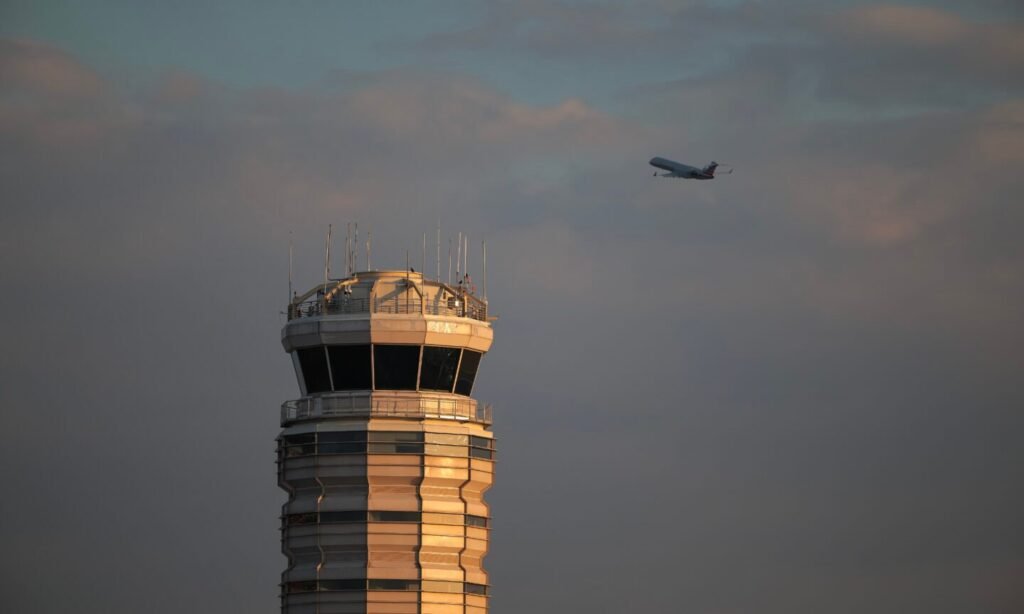The ongoing government shutdown has caused significant disruptions in air travel across major U.S. airports due to staffing shortages. Since the shutdown began on Oct. 1, air traffic controllers and TSA workers, considered essential, have been working without pay, leading to delays and cancellations.
The strain on air travel systems has resulted in slow security lines, disrupted flight operations, and economic repercussions affecting businesses and tourism. The increase in worker callouts has escalated flight delays, with a noticeable spike in disruptions since the start of the shutdown.
As the situation worsens, concerns arise about the potential impact on lawmakers to end the shutdown. Previous instances have shown that mass worker absences, particularly among air traffic controllers, have influenced the resolution of similar shutdowns in the past.
With the shutdown ongoing, the shortage of air traffic controllers is expected to worsen. The FAA has been working to address staffing challenges, but past hiring efforts have not been sufficient to meet demand.
The responsibility to end the shutdown ultimately lies with lawmakers, who have yet to reach a consensus despite multiple attempts at short-term solutions. The longer the shutdown persists, the more likely it is that various pressures, including air travel disruptions, will compel lawmakers to find a resolution.
Controllers influenced the end of a previous shutdown
During the 35-day-long 2018-2019 government shutdown, the impact of worker absences, particularly among air traffic controllers, played a significant role in pressuring lawmakers to reach a resolution.
The current shutdown poses challenges for air traffic controller recruitment and training, with previous hiring efforts falling short of the required numbers. Factors such as hiring freezes and past shutdowns have contributed to the existing shortage.
Efforts to end the shutdown and address the air traffic controller shortage remain ongoing as the economic impact continues to mount.
The shutdown could worsen the air traffic controller shortage
The ongoing government shutdown exacerbates the existing shortage of air traffic controllers, further complicating efforts to maintain efficient air travel operations. The repercussions of the shutdown extend beyond air travel, impacting various sectors of the economy.
The shutdown’s economic toll is evident, with estimates suggesting substantial losses in GDP per week. The potential long-term effects of the shutdown highlight the urgency for lawmakers to find a resolution.

